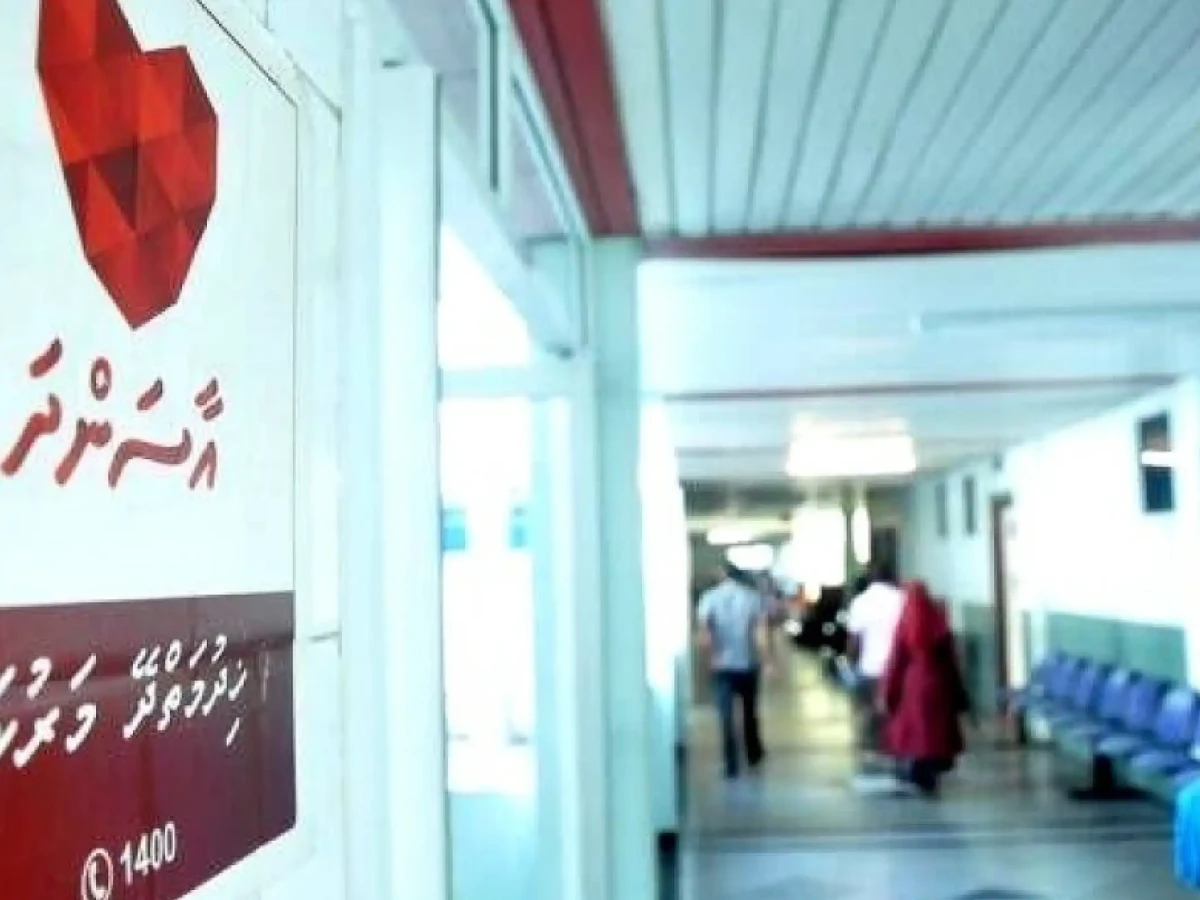
Nazim says health costs exceed revenue from tobacco
Nazim highlighted the reliance on Aasandha particularly among the elderly.
Deputy speaker Ahmed Nazim said on Tuesday that the health costs associated with tobacco use far outweigh the revenue it generates.
Nazim, representing the Dhiggaru constituency and a member of the ruling Progressive National Congress (PNC), expressed these concerns during a parliamentary debate on the government's proposed amendment to increase duties on tobacco products.
Nazim pointed out that the proposed amendment would generate MVR 1 billion for the state, but health-related expenses have already exceeded MVR 3 billion this year.
"The tax revenue from tobacco does not even cover one-third of the amount spent on health services. In comparison to other countries, we are spending on healthcare at a level that does not align with the revenue generated," he said.
Nazim highlighted the reliance on Aasandha, the national health insurance scheme, particularly among the elderly, who use it as a safety net. He expressed concern over unhealthy lifestyle choices such as smoking, the consumption of energy drinks, and sugary beverages.
In terms of government revenue, Nazim noted that it stands at MVR 34 billion, with Aasandha's expenditure accounting for 8%. He emphasised that a significant portion of government funds is allocated to healthcare.
Nazim welcomed the government's recent decision to ban the import of vape products from December 15 and to raise the duty on cigarettes. However, he questioned whether increasing duties alone would achieve the intended goal of reducing tobacco consumption.
He stressed the importance of taking further steps to discourage smoking and ensuring the proper enforcement of existing regulations under the Tobacco Control Act. Nazim noted that while cigarette price increases have been implemented in other countries, they have not always led to a reduction in smoking.
Nazim also raised concerns about the potential influx of low-quality cigarettes into the Maldivian market if prices rise, as has been seen in other countries. He warned that these lower-quality products pose even greater health risks and emphasised the need for strict enforcement to prevent smuggling and the black market trade in tobacco products.
Regarding the upcoming vape ban, Nazim stated that the decision came after previous governments failed to take necessary steps to regulate vaping. He noted that when the Tobacco Control Act was enacted in 2010, vaping was not widely known, but it has since become a significant issue.
Since 2021, approximately 800,000 vaping devices have been imported into the Maldives. Nazim explained that because vaping is not explicitly covered by the Tobacco Control Act, a 200% tax has been applied to vape products.
"The law applies a 200% tax on vape products since they are not covered under existing tobacco regulations," Nazim said.
"Other countries tax vape the same way as cigarettes. Cigarettes are taxed at a certain rate per gram. And vape is taxed at a certain rate per milliliter."




